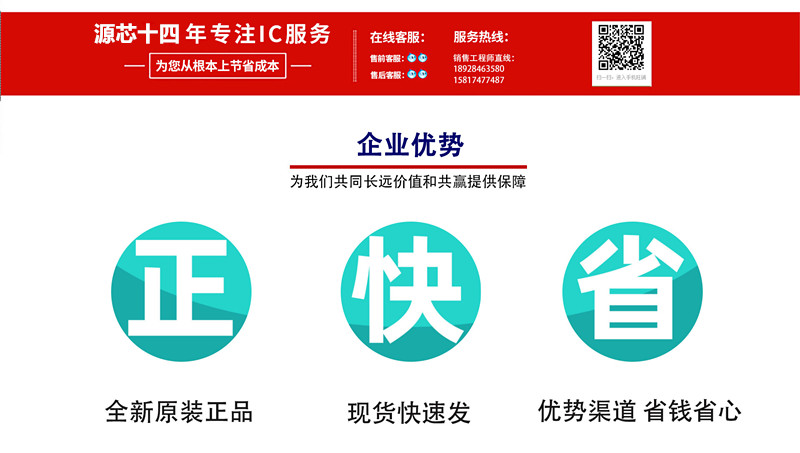Automotive
chips are a booster for the industrialization of modern automobiles towards the high-end of the value chain, and a new engine for the future development of electrification, networking, intelligence, and sharing of automobiles. Currently, the number of chips used in car cycling is around 1000, and in the future, each car can reach 3000 chips. The automotive chip industry has vast space, but localization is urgent. On April 15th, at the Shanghai Automotive Chip Valley · Chip Research · Global (First) Automotive Chip Industry Summit, chip industry leaders discussed the development situation of the domestic chip industry and the path to breaking through the automotive chip industry.http://www.ic-bom.com/
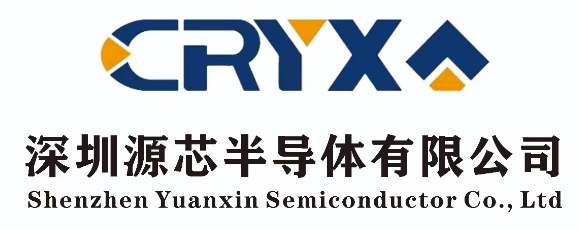
Currently, the domestic semiconductor industry is in a state of coexistence of surplus and scarcity.
On the one hand, there is a surplus of chip design companies. "There are dozens of companies making silicon carbide and dozens of companies making silicon wafers, which is definitely an excess." Li Yajun, Chairman of Shanghai Linxin Investment Management Co., Ltd., said that too many startup companies have dispersed resources such as funds and talent, pushing up the cost of manpower and other resources. On the other hand, the solution of key equipment is far from reaching, high-end chips cannot be attacked for a long time, there is a lack of large chips such as CPU (central processing unit) and GPU (graphics processor), and there is a lack of world-class leading enterprises. "Where is China‘s Intel? Where is China‘s NVIDIA
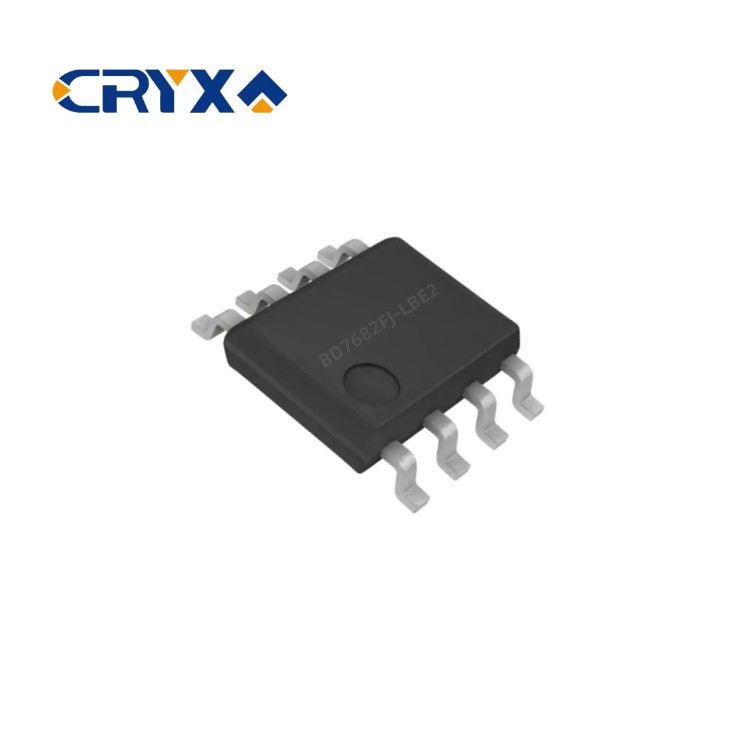
In the field of automotive chips, the automotive chip industry has a vast space. China‘s new energy vehicle market is at the forefront of the world, and the rapid growth of new energy vehicles has led to a surge in demand for automotive chips. Zhang Wei, Dean of the School of Microelectronics at Fudan University, stated that the number of chips required for a car bike will increase from 600 to 700 per vehicle in the traditional fuel powered era to a maximum of 3000 per vehicle.
There are so many chips in a car, as long as one is missing, the car cannot run. "Peng Qihuang, Senior Vice President of Siemens EDA Global and President of Asia Pacific, said that cars are high-value electronic products, and we need to achieve differentiation and establish our own ecosystem. More than half of the world‘s leading automotive companies develop their own chips, and even if they do not, they still have investment and cooperation.http://www.ic-bom.com/
Currently, each car requires around 1000 chips, so the chip market is very scarce. Although the automotive chip industry has a vast space, Li Yajun stated that localization is urgent, and the supply of domestic automotive grade chips is highly dependent on European and American companies. The self-sufficiency rate of automotive chips is in the single digits, and there are still safety issues in the automotive supply chain. The technical difficulty of automotive chips is not high, but the stability and reliability requirements are particularly high, requiring time to polish. How to solve the chip problem? Everyone is very anxious, and indeed they have come up with various solutions. When car factories are in a hurry, they simply invest themselves. Now, various car factories have invested in many chip companies. We have been thinking for a long time, and have been trying to find a solution to this problem. Finally, we have focused on two issues: how to find and cultivate world-class enterprises like Intel in China, and break through the ceiling of enterprise founders
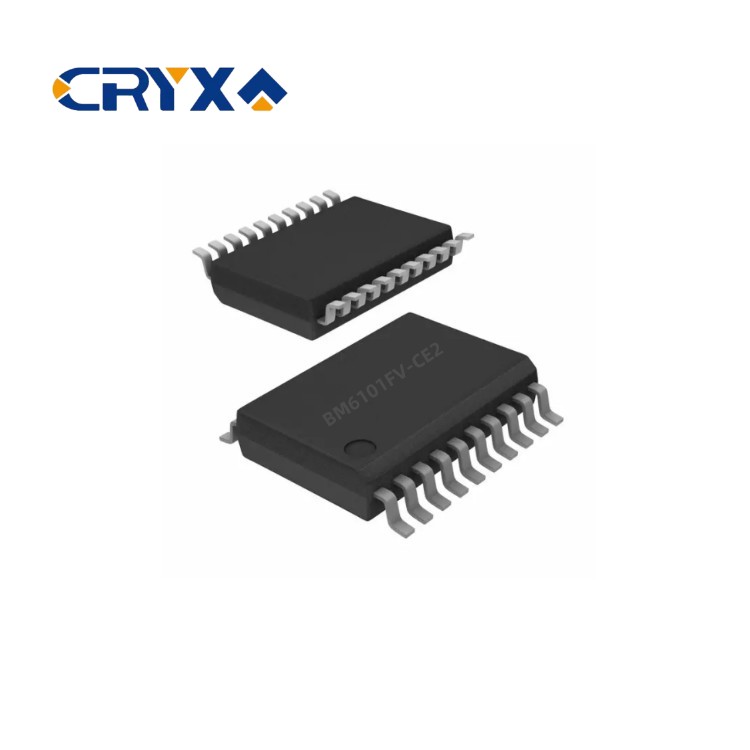
Moore‘s Law is essentially driven by innovation, and automotive chips should pay more attention to technological innovation
In 1965, Gordon Moore, the founder of Intel, mentioned "Moore‘s Law" in his article. Moore observed that the number of transistors that can be accommodated on integrated circuits roughly doubles every year, and later revised it to "every two years". The later popular saying was that it doubles "every 18 months". Since Moore wrote this article, chips have become more efficient and cheaper at an exponential rate, helping to drive most of the technological advancements in the world for half a century, not only bringing personal computers but also the rise of internet and Silicon Valley giants.http://www.ic-bom.com/
Zhang Wei stated that the essence of Moore‘s Law is innovation driven, and technological innovation is the core of the progress of the chip industry. New devices, processes, and materials are constantly integrated into chip technology. The emergence of new structures and principles has broken the original bottleneck, and new processes have also brought revolutionary changes to chip generation equipment, thus establishing a complete industrial chain. Similarly, automotive chips also require technological innovation.
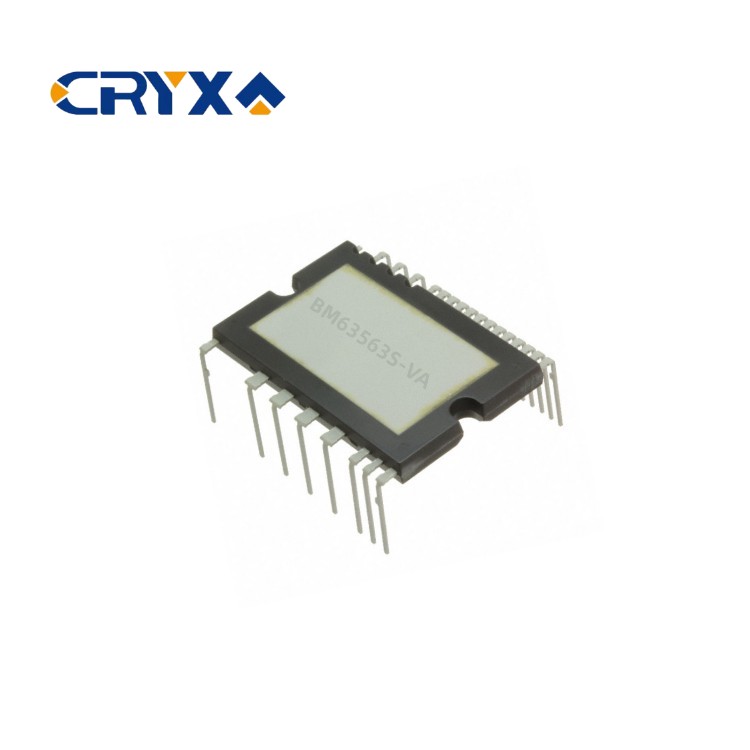
Whether it is autonomous driving or intelligent cockpit, functional integration has become a trend in the industry. Electronic Control Unit (ECU) modules are gradually integrated and merged, forming centralized and standardized Domain Control Units (DCUs). DCUs are further integrated to form a centralized computing platform in the vehicle. Functional integration promotes the transformation of automotive electronic and electrical architecture, and the power integration and reliability requirements of automotive chips are constantly improving. So domestic automotive chips should pay more attention to technological innovation. If you think this is a mature process and there is not much technological innovation, using a 90 nanometer process is enough, which is actually a misunderstanding. "Zhang Wei said that in the field of automotive chips, technology and device structure are closely related. Only by breaking through existing technology can automotive chips achieve stronger functions and serve future intelligent vehicles. This also requires close integration between chip companies and automotive whole machine application companies, and chip companies actively connect with the needs of whole vehicle companies and first tier suppliers to improve chip performance; Vehicle companies support the research and development of domestic automotive chips, helping to improve product performance, solve problems encountered in product applications, and overcome technical barriers. The government can coordinate various resources through policy guidance and industry support to assist in the construction of the domestic automotive chip industry ecosystem.http://www.ic-bom.com/
Moving from simple domestic substitution to providing systematic solutions
The instinctive reaction to making automotive chips is to replace them domestically, one by one. At first, it seemed like we should do this, but if we continue to do so, it will be endless substitution. "Ye Tianchun, Secretary General of the China Integrated Circuit Innovation Alliance, said that in the past three to five years, filling the gaps and solving the bottleneck problem have always been the theme of the domestic chip industry. In the next five or ten years, besides filling in the gaps, what other paths can we take? Ye Tianchun believes that there should be a new approach and strategy for the development of Chinese chips. "We cannot just focus on filling in our weaknesses, but in the next stage, we should consider building our strengths and considering the development of our industry‘s comprehensive capabilities
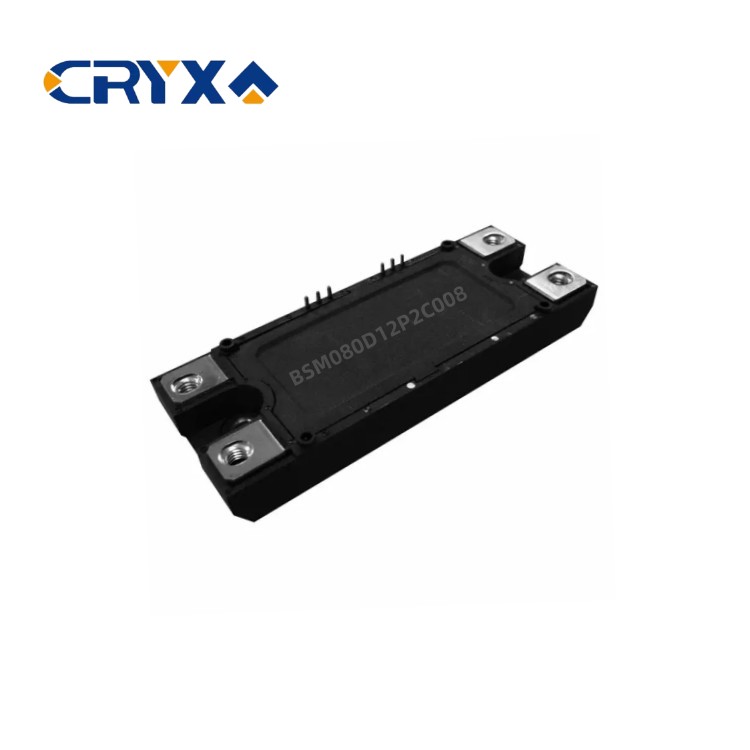
From the perspective of microelectronics, automotive chips are not a type of chip that technology cannot solve. More importantly, application needs drive the development of chips. Reliability is not a problem, but the most important thing is whether users can use it. "Ye Tianchun said that automotive chips are an industry driven by vehicle manufacturers. Selling millions of chips to the automotive industry is a very small batch for chip companies. To make chip companies willing to follow the automotive industry, only by increasing the enthusiasm of vehicle manufacturers can the automotive chip industry move forward.http://www.ic-bom.com/
At present, the supply capacity of automotive chips is insufficient and the ecosystem is not perfect. Tang Wenkan, Deputy Director of the Shanghai Economic and Information Technology Commission, stated that the next step is to continue to pay attention to the linkage of automotive chips, promote the highly integrated development of these two fields, promote the establishment of several key functional platforms, establish a third-party testing and certification platform for automotive chips in Shanghai Jiading, and establish a public service platform for automotive chip design and pilot testing, Solve the difficulties in the research and development process of small and medium-sized enterprises in automotive chips. Promote insurance companies to introduce commercial insurance for the installation and application of automotive chips, and share risks in a market-oriented manner. We should leverage Shanghai‘s advantages and encourage financial enterprises to develop targeted financial products in the field of automotive chips.
